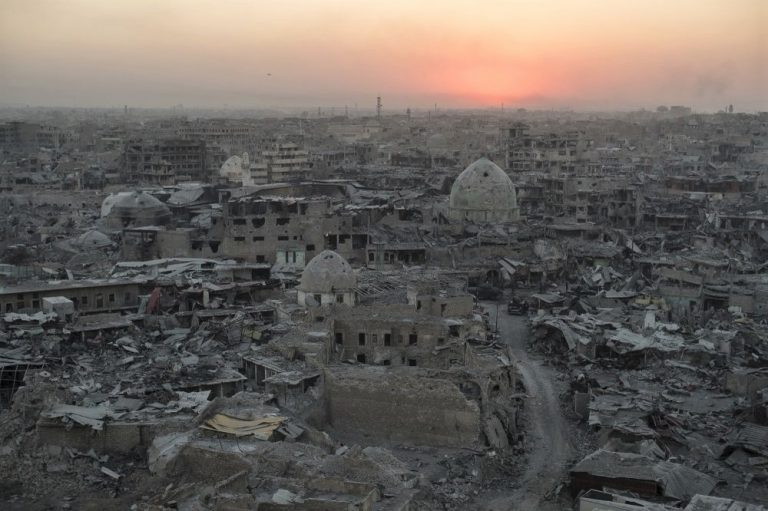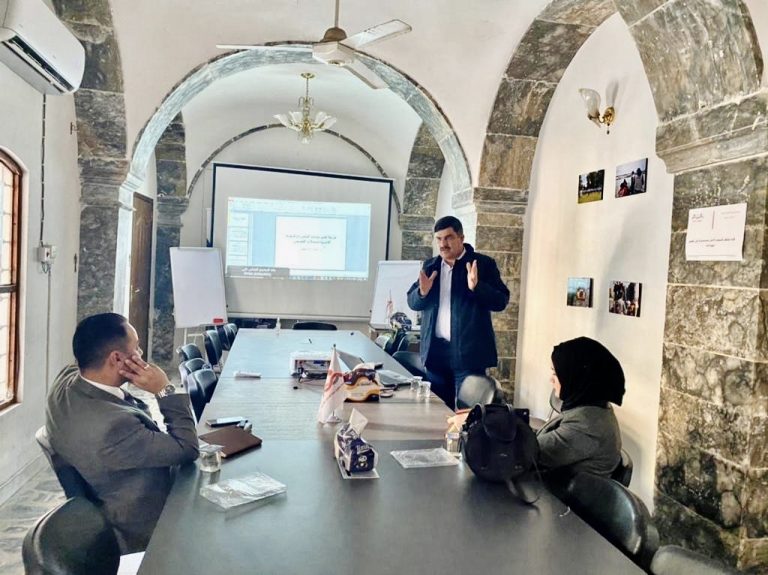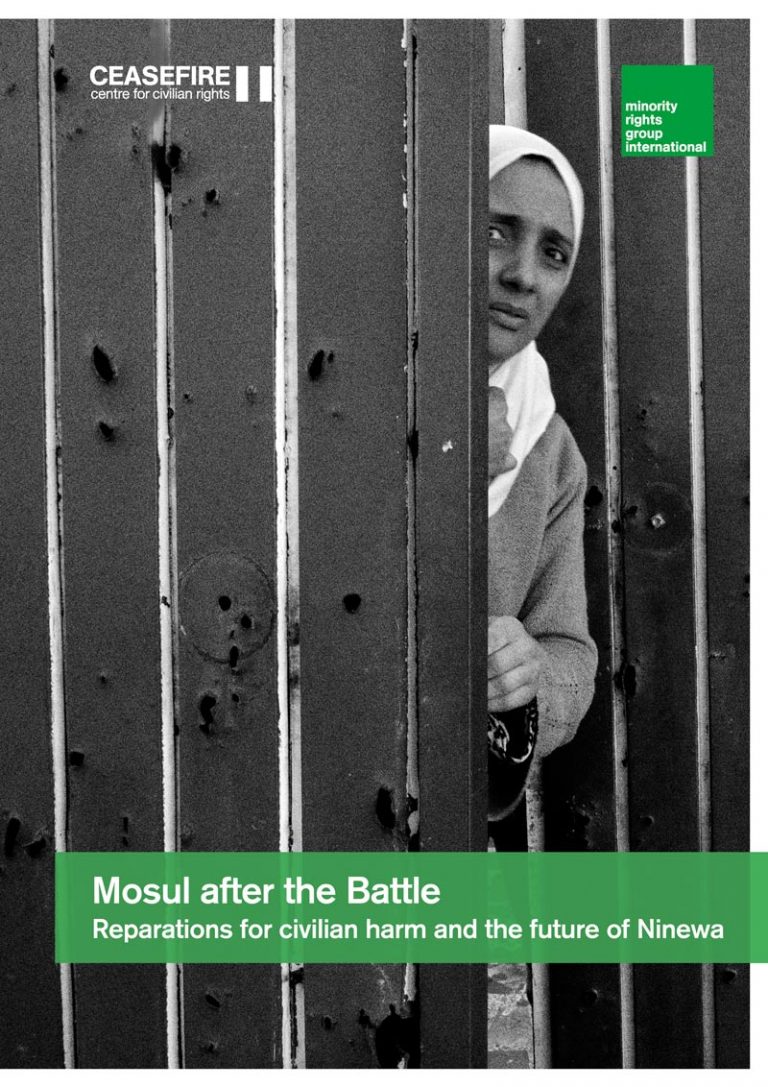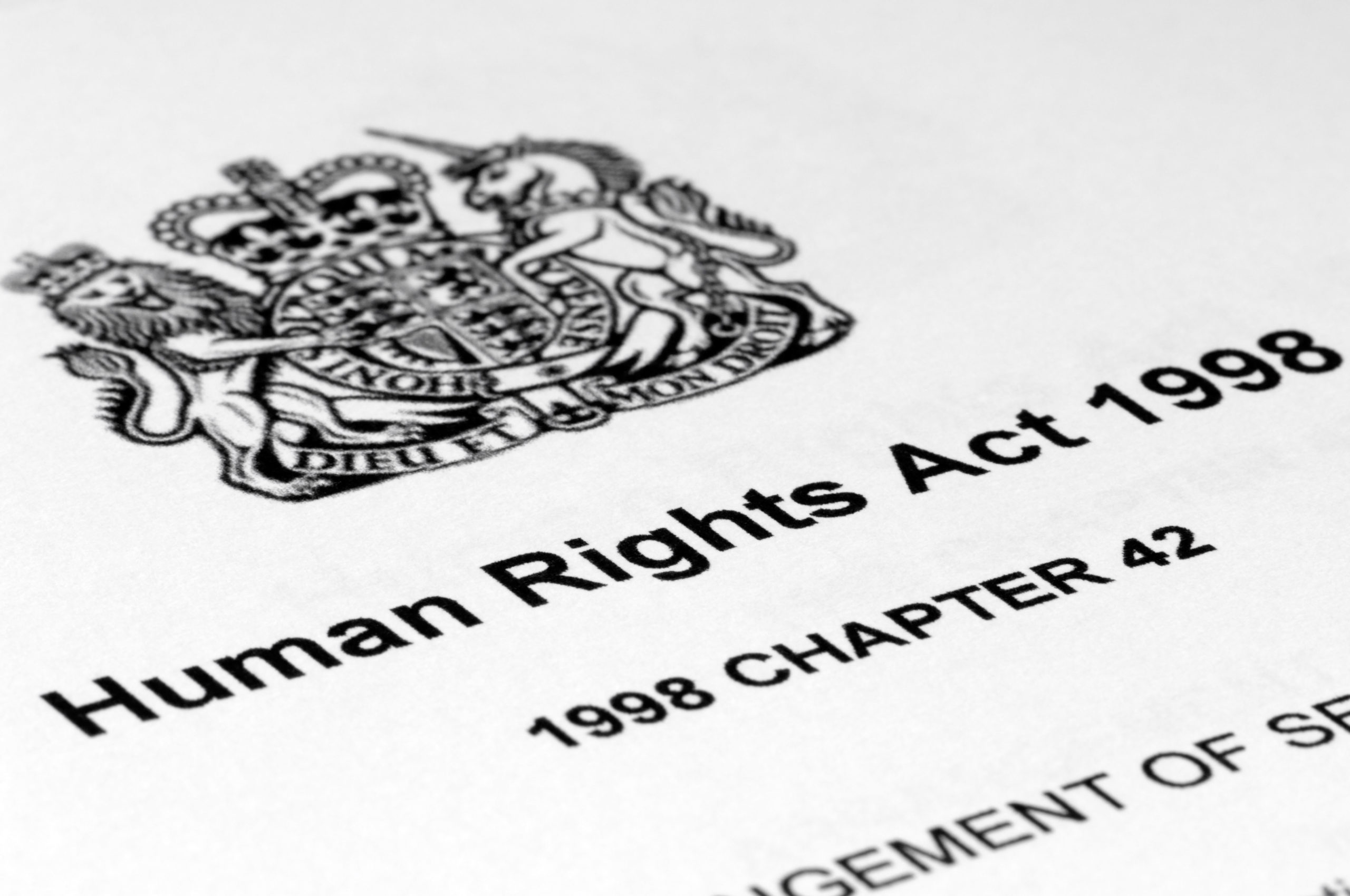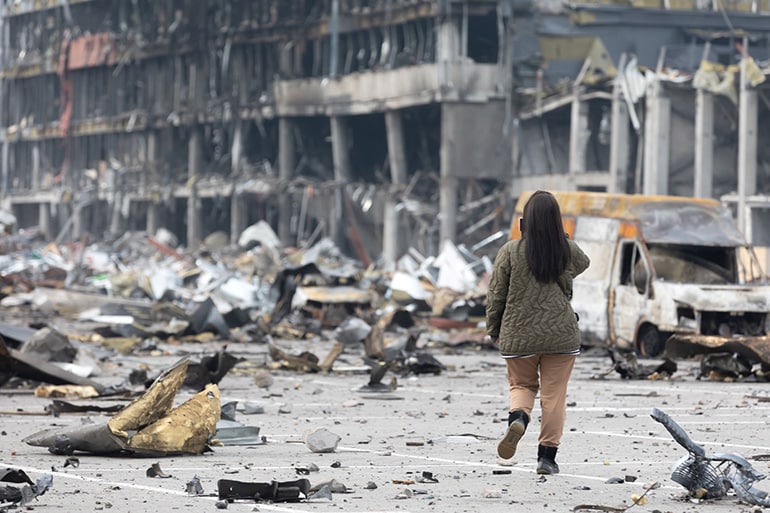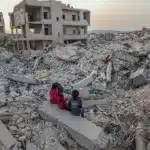
Iraq: Rise in family-based violence against women linked to conflict
An increase in domestic violence against women is closely linked to the legacy of conflict in Iraq, finds a new report by Ceasefire Centre for Civilian Rights. As a result of conflict violence, women and girls experienced higher rates of physical, emotional and sexual abuse at the hands of their partners – including killings in


